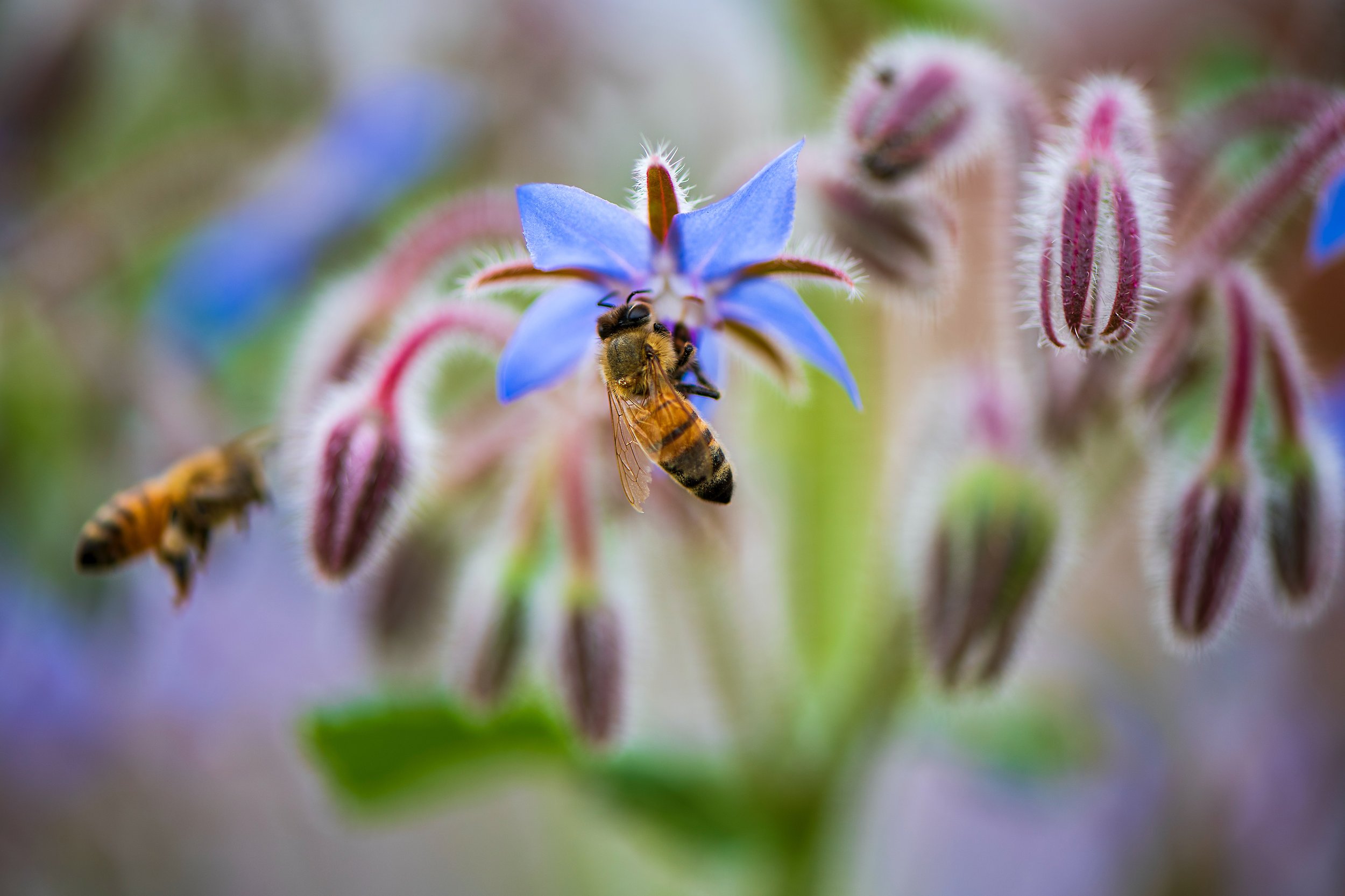About Mary
Gardening has been a part of my life as long as I can remember. Even though my father was in the military, we had a vegetable garden everywhere we lived in the world. Later I found playing in the dirt, growing flowers, and vegetables was my happy place.
I discovered permaculture about 10 years ago and decided, eight years later, to make permaculture design my new career.
After teaching for 25 years in the public school system, I became a student again attending Oregon State University’s Permaculture Design Certificate Online Course.
Currently, I consult with clients about yard, garden, and property design to regeneratively and sustainably grow food where they live. I reside in Spokane, Washington and am growing my own urban food forest. Permaculture is fair share, earth care, and people care; all of which mesh with my core values.




